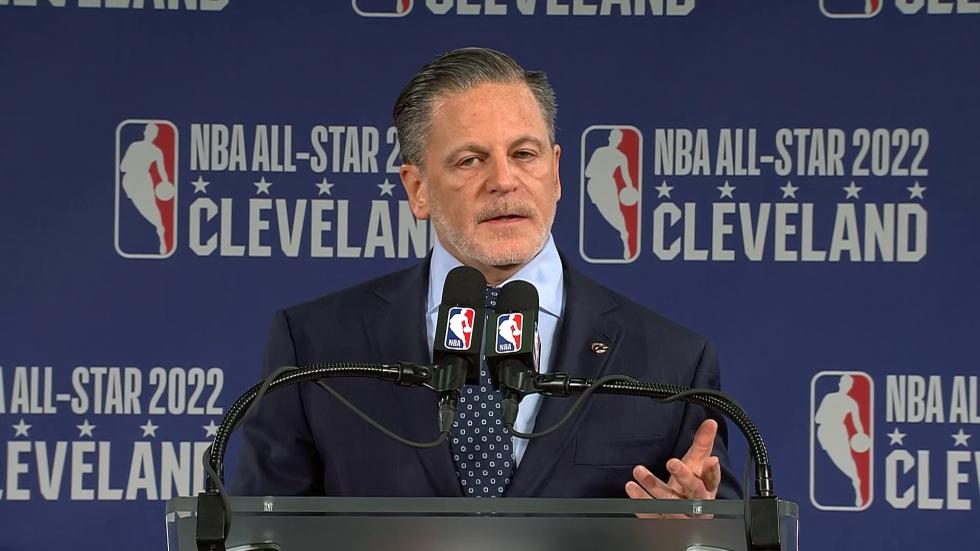
100 Thieves co-owner Dan Gilbert hospitalized for stroke symptoms
100 Thieves co-owner Dan Gilbert was recently hospitalized with stroke-related symptoms.
Early Sunday morning, the Cleveland Cavaliers owner was checked into the Royal Oak Beaumont Hospital. Being from Detroit, Gilbert’s hospitalization was covered by The Detroit News, who got a statement from Quicken Loans, of which Gilbert is founder and chairman.
“He received immediate medical attention and is currently recovering comfortably. Our collective thoughts and prayers are with Dan for a speedy recovery,” Quicken Loans said.
According to The Detroit News, Gilbert’s hospitalization comes just 30 days before his Rocket Mortgage is set to host Detroit’s first PGA Tour event, and just a few days after the mogul launched a ballot drive committee that aimed to propel auto insurance reform in the state.
While Gilbert is a well known force in the Detroit area and beyond, the esports industry knows Gilbert best as co-owner of 100 Thieves. Matthew “Nadeshot” Haag announced in November of 2017 that Gilbert was investing millions of dollars into the organization. The investment made Gilbert a co-owner of the organization along with Nadeshot. 100 Thieves has been among the fan favorites in the LCS.
Gilbert, 57, became interested in the esports scene when the Cleveland Cavaliers entered an NBA 2K League along with 16 other NBA teams. The tournament was a joint venture between the NBA and video game publisher Take-Two Interactive.
In a statement to The Detroit News, Gilbert’s family has requested privacy during this difficult time.
Strokes are the fifth leading cause of death in the United States. They can result in serious disability in adults, including paralyzation.
A stroke occurs when a vessel in the brain ruptures, or when blood supply is blocked on its way to the brain. According to the Centers for Disease Control and Prevention, this can lead to dying brain cells, due to lack of oxygen. This often results in brain damage, disability, or even death. Symptoms include difficulties speaking, walking, seeing, or paralysis on one side of the body.
Recommended

MrBeast takes action on Ava controversy, responds to allegations
MrBeast has launched a private probe.

Here’s how to play Marvel Rivals closed beta playtest
How to jump into the Marvel Universe.








